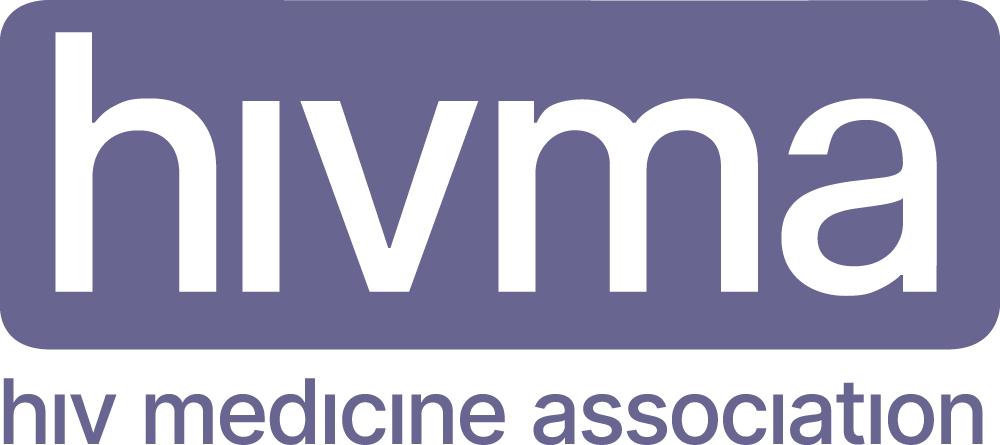
![]()
In Comments to DHS, Medical Societies Say Proposed Visa Rule for Physicians Will Exacerbate Our Disease Response Challenges
The Infectious Diseases Society of America, HIV Medicine Association, Pediatric Diseases Society and the Society of Healthcare Epidemiology of America have called on the Department of Homeland Security to exempt physicians working in the United States on J-1 visas from the agency’s proposed rule “Establishing a Fixed Time Period of Admission and an Extension of Stay Procedure for Nonimmigrant Academic Students, Exchange Visitors and Representatives of Foreign Information Media,” in comments expressing deep concerns about the limits the change would impose.
The comments call the rule change, which would place a four-year length of stay requirement on J-1 physicians and require yearly applications for extensions, “arbitrary and disruptive.”
“This proposed policy change,” leaders of the organizations write in their comment letter, “would severely affect the dwindling number of J-1 physicians’ availability to deliver infectious diseases care for patients and further jeopardize the nation’s ability to effectively respond the COVID-19 Public Health Emergency.”
Together the organizations represent more than 14,000 infectious diseases and HIV physicians, scientists, researchers and other healthcare and public health professionals focused on adult and pediatric patient care, infection control, antibiotic stewardship, prevention, public health, education and research in infectious diseases.
While the number of physicians specializing in infectious diseases and HIV continues to fall short of need in the United States, the letter notes, about a third of physicians entering these fields here came from outside the country on J-1 visas. Their contributions, the comments say, strengthen infectious diseases and HIV patient care, public health and biomedical research and innovation programs, with significant numbers remaining, with extended visas, caring for patients with infectious diseases in underserved communities.
“Our members report a tremendous need for additional J-1 visa slots for ID and HIV physicians in the COVID-19 pandemic, particularly at institutions in states that have been hard-hit by COVID-19,” the comments say.
The comments refute the department’s claim that the current structure challenges the agency’s ability “to efficiently monitor and oversee these nonimmigrants,” pointing out that physicians here on J-1 visas “already are a thoroughly monitored group” under a framework established by the Accreditation Council for Graduate Medical Education that requires teaching hospitals to provide residents and fellows appropriate supervision that includes confirmation of ongoing participation.
